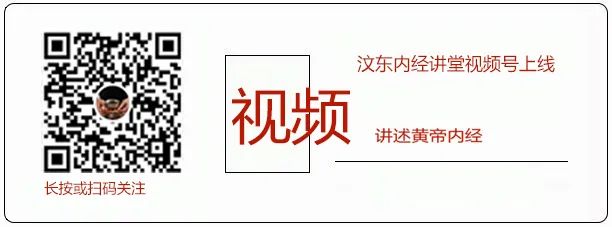
Discussing Yin and Yang, analyzing the Five Elements, and entering the path of medicine.
What symptoms might a person exhibit if they have Qi deficiency?
Traditional Chinese Medicine (TCM) believes that the main manifestations of Qi deficiency include fatigue, lack of strength, weakness to the wind, limb weakness, dizziness, sweating upon exertion, and a low voice.
Moreover, Qi deficiency can also lead to blood deficiency, which is anemia, and can cause Qi stagnation, also known as liver Qi stagnation. Additionally, Spleen and Stomach Qi deficiency can lead to diarrhea, while Heart and Spleen Qi deficiency can result in blood deficiency and insomnia. Qi not containing blood can lead to symptoms such as excessive menstrual bleeding in women.
So, does TCM have corresponding organs for Qi deficiency?
TCM’s concept of Qi deficiency encompasses a wide range, including: Heart Qi deficiency, Lung Qi deficiency, Kidney Qi deficiency, Heart and Spleen Qi deficiency, and both Qi and blood deficiency, etc. This course primarily discusses Spleen and Stomach Qi deficiency.

What symptoms might a person with Spleen and Stomach Qi deficiency exhibit?
A person with Spleen and Stomach Qi deficiency may experience reduced appetite, abdominal distension, fatigue, and shortness of breath upon exertion. In severe cases, they may also experience prolapse of the middle Qi. Common symptoms include gastric ptosis, prolapse of the rectum, and prolapse of the uterus. Additionally, a person with Qi deficiency may also experience excessive menstruation and menstrual flooding.
When TCM encounters a patient with Spleen Qi deficiency, what is the first formula that comes to mind?
There are many formulas used in TCM to tonify Spleen and Stomach Qi, but the first one that comes to mind is Buzhong Yiqi Decoction (补中益气汤), which is considered the premier formula for tonifying Qi in TCM.

The formula Buzhong Yiqi Wan (补中益气丸) originates from the Jin-Yuan period’s work Pi Wei Lun (脾胃论). Pi Wei Lun is a specialized treatise on the treatment of Spleen and Stomach diseases, authored by the founder of the Earth School, Li Dongyuan.
So, does Buzhong Yiqi Wan relate to tonifying the middle Qi and the Qi of the Spleen and Stomach?
TCM believes that the Spleen and Stomach are located in the center of the human body, also known as the Middle Jiao, thus the Qi of the Spleen and Stomach is also referred to as Middle Qi. TCM holds that the primary functions of the Spleen and Stomach are digestion, absorption, and distribution. The Qi of the Spleen and Stomach can promote the upward movement of clear Qi and the downward movement of turbid Qi, as well as distribute nutrients to the limbs and extremities, making them the most important organs in the body. TCM also refers to the Spleen and Stomach as the foundation of postnatal life.
Buzhong Yiqi Wan has the effect of lifting Yang and raising the sinking Qi. It is indicated for Spleen Qi deficiency with sinking Qi. Symptoms include reduced appetite, fatigue, weakness in the limbs, shortness of breath, pale complexion, loose stools, pale tongue, and weak pulse; as well as prolapse of the rectum, prolapse of the uterus, chronic diarrhea, dysentery, and menstrual flooding.

Ingredients of the Formula:
Huang Qi (Astragalus), Bai Zhu (White Atractylodes), Chen Pi (Dried Tangerine Peel), Sheng Ma (Cimicifuga), Chai Hu (Bupleurum), Ren Shen (Ginseng), Gan Cao (Licorice), Dang Gui (Angelica).
Since Buzhong Yiqi Wan is the premier Qi tonifying formula in TCM, does this mean that it is used for all cases of Spleen and Stomach Qi deficiency?
An important consideration is that patients with Spleen Qi deficiency often have many other symptoms concurrently, in which case TCM requires differential diagnosis and adjustment of the formula based on the symptoms.
Additionally, another point to note for those studying TCM is that patients with external pathogenic factors such as wind, cold, heat, dampness, dryness, and fire, as well as those with colds, should not use Buzhong Yiqi Wan. Using tonifying herbs while the external pathogens are not resolved can lead to the situation of ‘closing the door to the enemy’, which means allowing the pathogenic factors to enter the interior and worsen the condition. Therefore, it is important to remind that while Buzhong Yiqi Wan is beneficial, it must be used with differential diagnosis.
Reminder after class: The above formula is for knowledge exchange only; please follow your physician’s advice for medication.
To watch the video course, please scan the QR code to follow!

Scan to join the Wendon TCM Studio


